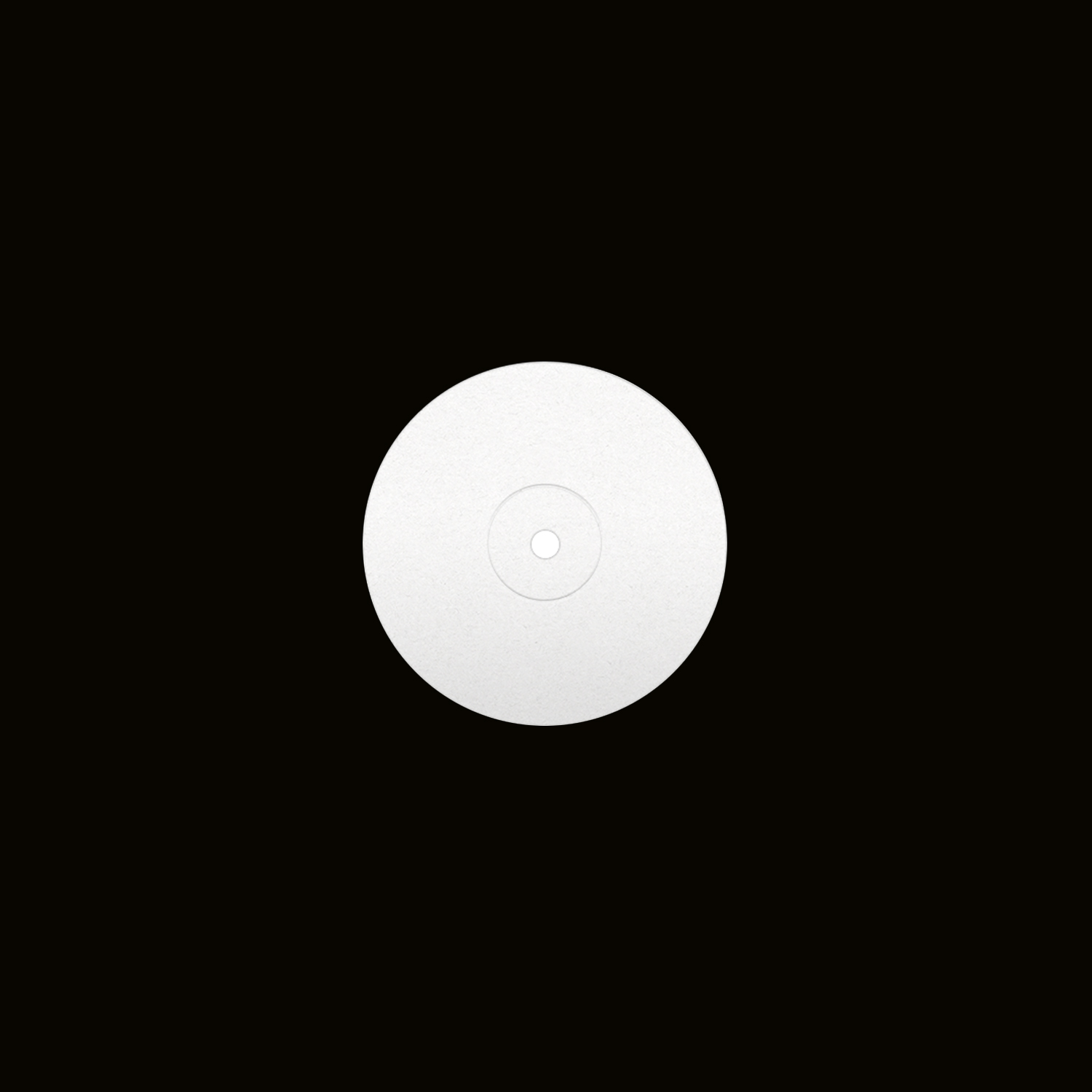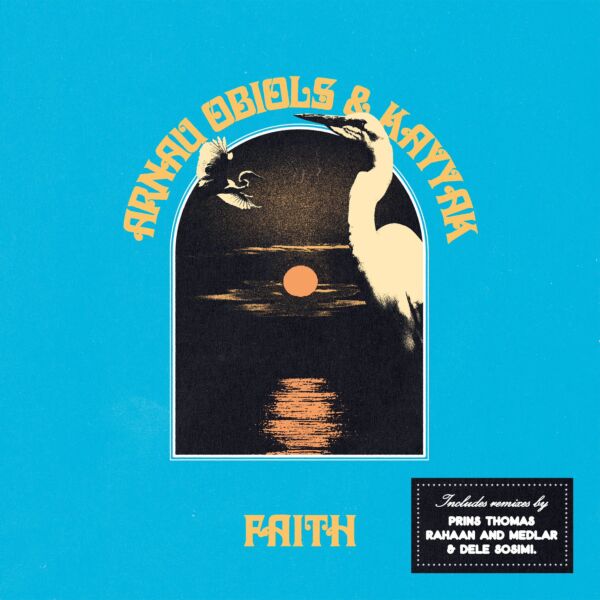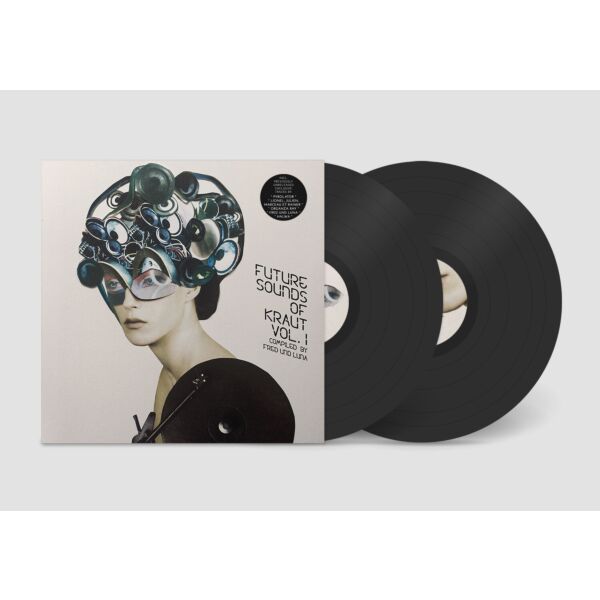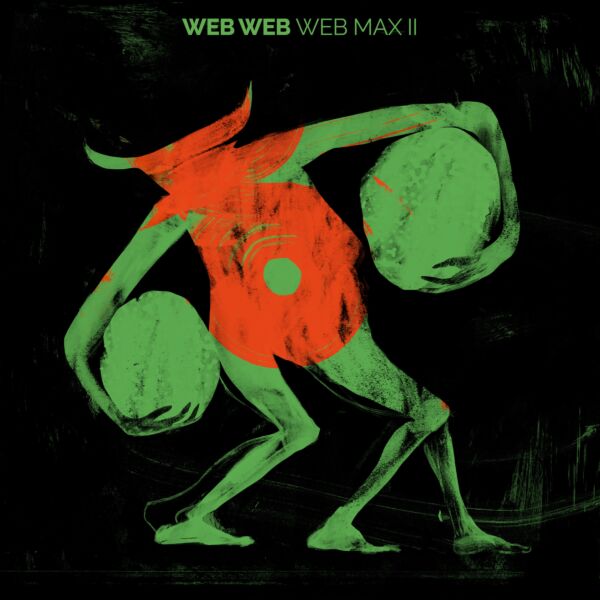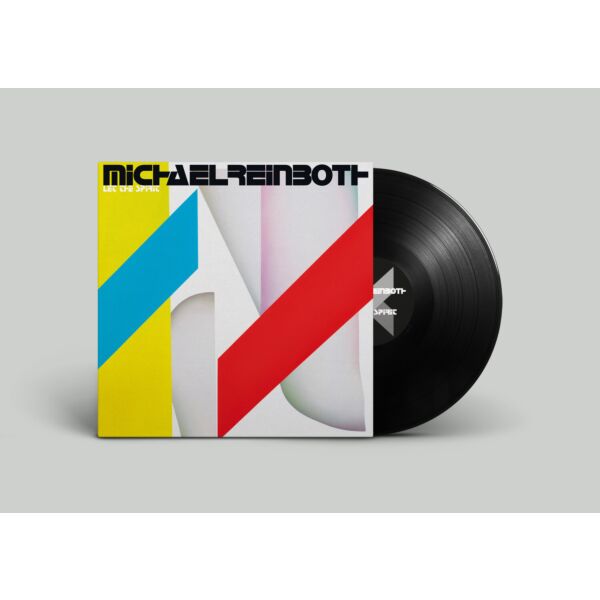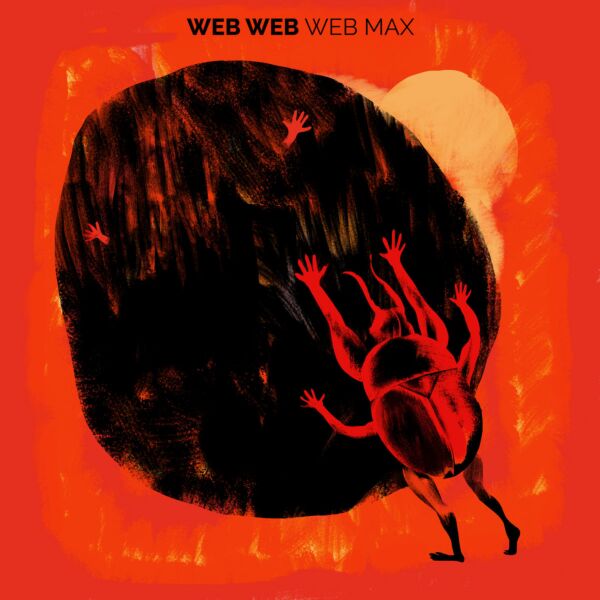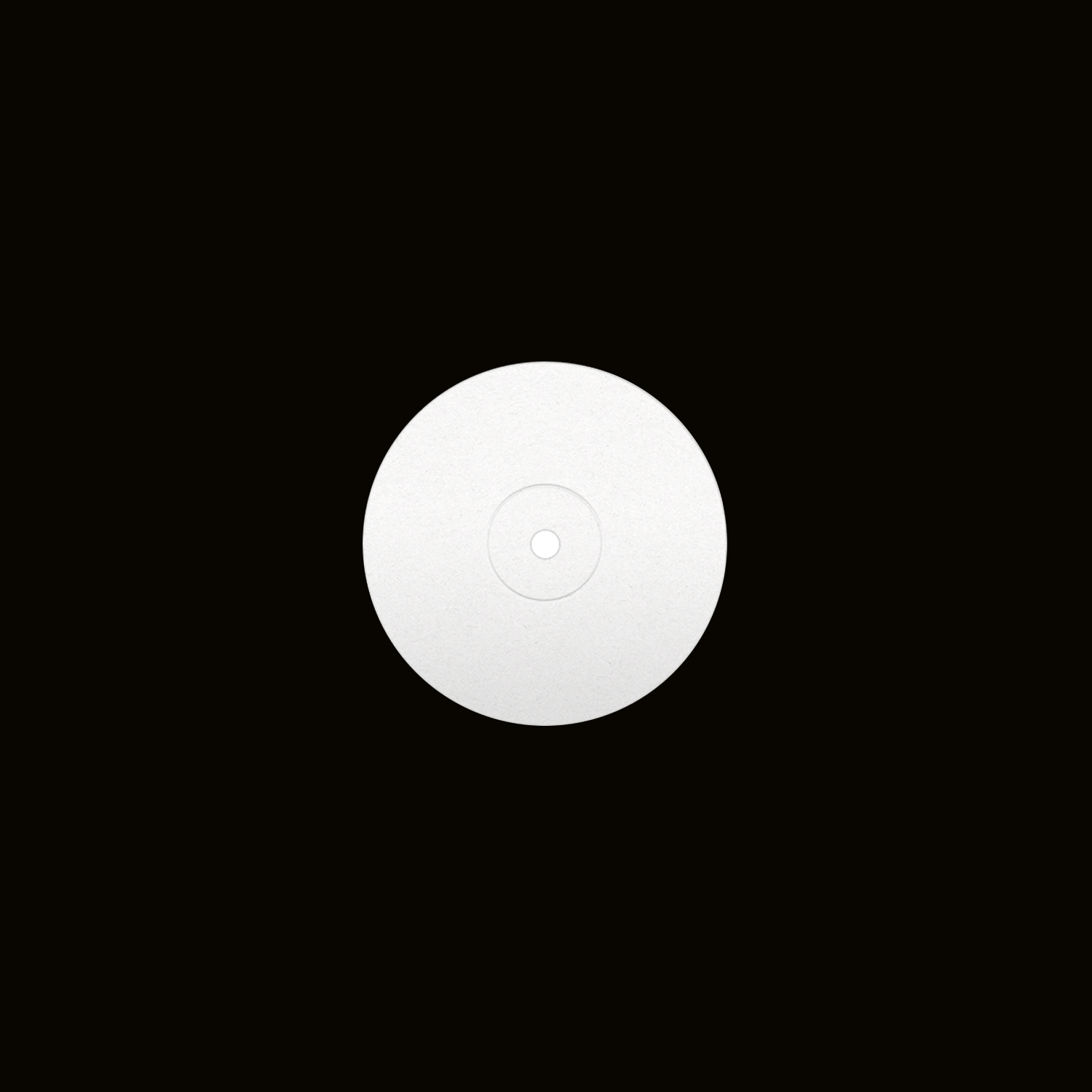
ART
| Genre | House |
|---|---|
| Style | Deep House |
| Format | CD |
| Cat. no | COMP362-2 |
| Label | COMPOST |
| Artist | ROBERT OWENS |
| Release Date | 11/10/2010 |
| Carrier | 2CD |
| Barcode | 673794236223 |
Out of stock
Tracklist CD1 Vault 1 01 Pipe Dreams 02 Black Diamond 03 One Love 04 Hearts And Soul 05 Reach Inside 06 Wonderful 07 Counting Blessings 08 Art 09 Sacrifice 10 Same Old Thing CD2 Vault 2 01 Rise 02 Unique 03 Be Your Own Hero 04 Ancestral History 05 It Takes Me High 06 Exhale and Breath 07 Step Inside The Moment 08 Moments 09 Cherish Your Love Audio player: b2b.goodtogo.de/article/player/1558082 Legendary vocalist Robert Owens (Fingers Inc.) is dubbed the švoice of house music›. Following up 2008™s šNight-Time Stories›, he is now releasing his second album for the German Compost imprint. ›Art› is probably Owens™ best work in a career spanning more than two decades and numerous hit singles. The double CD marks a reunion with former Fingers Inc. partner Larry Heard eight songs of this stunning album have been produced by the house music originator. The other producers involved are Atjazz, Beanfield and newcomer Show-B. If you meet the voice of house music face to face, he is so gentle, relaxed and he smiles like a young boy who just has finished building up his Lego Star Wars spaceship. His charisma and vibrancy is always warm like his velvet timbre. His life was an up and down - in some ways very artful, esthetic, elaborate, as well as rough, decent and thrilling. With all that house music history, club life, rave experiences, cat walk jobs in the fashion industry, and over hundred cooperations with producers and dozen labels, Robert Owens is a moderate, down to earth person. After the 2008 released album "Night-time Stories" on Compost, which featured eleven new tracks by eleven different producers, now he teamed up with four producers for drawing19 songs, to get a stronger homogeneous album in various moods and tempi. Among his old time friend and house pioneer Larry Heard (Fingers Inc), Atjazz, Beanfield and Show-B, all approved and respected producers for working with vocals, able to s low it down or keeping the emotional house vibe at attested bpm's. "Art" offering not only more songs, it offers more variety isochronal being more homogeneous. Vault 1 contains the down- to midtempi or more calm tunes, while Vault 2 pumping through Robert's house history in the old and new school vein. An interview with Robert Owens: Robert Owens: "Art for me is about people that I've met throughout my life around the world or conversations with people, they created thoughts and emotions in my mind and I look at each thought as a painting, a canvas filled with all kind of feelings and emotions. From the vault of the gallery in my mind, each song is an artistic expression of feelings and emotions of mixed people IÙve met in my life" Art is something that has no price tag on it, some historic moment and a value in my life, itÙs almost a gift." A gift that Robert Owens wanna give back to his fans. The truth, well perhaps the cosmic link between house music and real life. Robert Owens: "You must keep moving, keep active and change will come. You have to believe. That's the elements, the message of house music. And beside some snares and beats it needs this positive message. The point is to not stop and get aggravated and caught up into the reality of a negative situation. Sometimes you have to look above situations even if you can't do a lot about things you see, like political or economical situations, as long as you continually look above and cultivating things within yourself, sooner or later things will change. Techno and house have the same repetitive elements, but the difference is not necessarily only the positive message like "keep moving", beyond that it is the positive, optimistic feeling. Techno rarely doesn't have that. Robert Owens: "It has always been hard and difficult. But does the people really face the difficulties in the hardships anymore, because all that builds aggravation and anger in you. These days I listen to a lot more vocal layered house and a lot more emotional vocals, vocals that are telling constructive stories. I think about things that people can apply in their life, about things that make people think, opposed to just dance, just an instrumental track, where you land in LalaLand. Everywhere I'm playing, the vocal stuff stands out the strongest. I just see the reaction, and the strongest reaction I'm getting at the moment is through the vocal material, especially the constructive messages about "We can make it! You can survive! You can go beyond oppression and poverty." People have loosed or are not learning anymore how to reflect the hardships. Some do, some others can't, because they never had the chance and that's why they are becoming aggressive. If the soul is empty, it seems they not looking.... they gawking and gazing through other people. See the mirrors on the cover, they may have reflecting power, helping. Art is a kind of reflecting surface as well. Maybe that's why the mirrorball became a synonym for disco and house. For everybody in the club a little mirror. Robert Owens: "Things go around in circles, they went through this whole instrumental layered thing, minimal and all of that, but a lot of that was mainly drug fueled, people didn't care. All they wanted to hear was THE BEAT. But we're coming back around sensibility and i'm feeling that people getting their lifes back together. When they go out they wanna hear somebody talking to them, about something constructive. Especially in anonymous times of Facebook, Twitter et cetera, the people want emotion and devotion." If you like you can interpret the mask as the anonymity of the My Space, Twitter generation, which may try to fool someone, put something across as a friend. Same in real clubland. Clubland changed much since the early days of house and techno. Robert Owens: "Back then, I was playing at these places regularly and was living in Chicago, where alot of this was cultivated. That's why i choose Art as an title, because any Art in it's own way is more cultivated. The last ten, fifteen years a lot of raves or clubs had a negative aftertaste, perhaps were rotten, dirty, more about alcohol, drugs or making money. Back in the days, it was totally diffrent in Chicago, even in New York and London, it was about the vibe, the positive feeling, a mixed up crowd. We should bring this back again." Some of the pioneers from that field have stuck to their roots and giving people faith in that format of music. Good to see that there is a new younger generation that are just giving their dues to that format of music and they're learning about the history. They're in positions, they're running labels and they have the networks and connections. So it's generating a whole new culture of kids that are fascinated by deep house. Robert Owens: "I'm often asked why I have different producers. Quincy Jones, Jimmy Jam & Terry Lewis, Ashford & Simpson, if it'd be one of these three, that would be amazing, but that's impossible, so then it's best for me to work with various producers. There are pioneers like Larry, but there are these younger generation, so i would like to combine both. Because I wanted to make sure to have it uniquely different. Larry and me have always been brothers, he can just come and knock on my door and say "Come listen to this! What you get?" It was never a question that Larry and me would get back together and work. I knew, I wanted him on my album, so I had to push him. We reunified and we still can do it instantly. We can sit together and put a song together in 5 minutes. We just have that kind of connection and energy with each other, it's an absolute flow, which is rare in the music industry." Bit of history facts: Ask any fan of dance music who their favourite male vocalist is and nine times out of ten Robert Owens name will come back. Sure, there are other great male house vocalists out there, but with more than twenty years as a gifted singer, songwriter, producer and DJ under his belt, Robert has not so much embellished house music as played a large part in defining it. 'Tears', 'I'll Be Your Friend' and 'Ordinary People' are just some of the tunes that have borne his black velvet voice and gone on to become truly classic dance records. Like many other great vocalists, Robert Owens began his career singing in church gospel choirs. Growing up in the poor areas of Chicago and L.A., where gang related shootings were part of day-to-day life, music proved to be his inspiration and determination to get out of those sad circumstances. Entry into the nascent world of house music came not through Robert's singing but his skills as a DJ. By the time people like Ron Hardy and Frankie Knuckles were designing house music's blueprint on the dancefloors of legendary venues like the Warehouse and the Music Box, Robert was DJing at block parties and smaller clubs in Chicago. In 1985 Robert met pioneering Chicago producer Larry Heard, who invited him into his studio. Together they formed Fingers Inc with Ron Wilson and released a series of excellent singles such as 'Mysteries Of Love' or the instantly recognisable house standard 'Can You Feel It'. This cooperation culminated in one of house music's first full-length albums 'Another Side' in 1988, after which the group amicably disbanded to follow their individual solo careers. Following the call of Frankie Knuckles, Robert went to New York in 1989 to record a track with the Def Mix posse - consisting of David Morales, Satoshi Tomiie and Frankie himself. This tune, so casually constructed, was to become one of clubland's most emotive and defining moments: the sublime 'Tears'. That song all about his life and struggles was the ignition of Roberts successful career as a solo artist. Signing with 4th & Broadway in 1990 he showcased his beautiful church-honed vocals and heartfelt lyrical style on the album 'Rhythms In Me', completely produced by the Def Mix crew. His 1991 single 'I'll Be Your Friend' finally gave Robert the overground success he so obviously deserved, climbing the charts to #1 all over the world! Leaving New York behind, Robert relocated to London in 1993 where he founded his own label imprint Musical Directions and started assembling his own studio. He continued composing and singing on a series of dance classics such as 'Love Will Find Its Way' or 'Ordinary People' and collaborated with a remarkable list of influencial artists like Sandy Rivera and Photek (on his smash hit 'Mine to Give'), and more recently with Ron Trent and Coldcut (on the stunning 'Walk a Mile in my Shoes' single). Quotes: If God could sing, he would sound like Robert Owens. ID Magazine The voice of house music. Owens is a rare gift! Mixmag The greatest male voice in dance music Muzik Magazine

